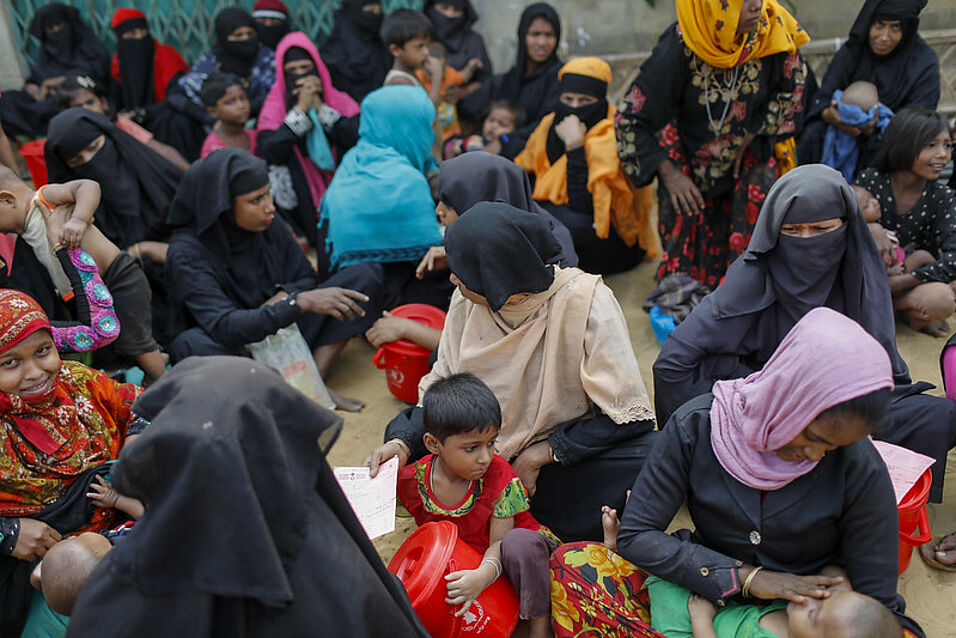In: Social Sciences 10 (5), 166
https://doi.org/10.3390/socsci10050166
Abstract
Southeast Asia has the weakest normative frameworks for refugee protection of any region in the world apart from the Middle East. Only two out of ten member states of the Association of Southeast Asian Nations (ASEAN) have signed the 1951 International Refugee Convention. Nevertheless, the 2012 ASEAN Human Rights Declaration explicitly mentions the right to seek and receive asylum ‘in accordance with the laws of such State and applicable international agreements’ (ASEAN 2012). One of the litmus tests for this right has been the regional treatment of the Rohingya, a Muslim minority from Myanmar that faces forced displacement, discrimination, and large-scale state violence. Based on media content analysis and a scientific literature review, this paper sheds light on how ASEAN’s most prominent Muslim member countries, Indonesia and Malaysia, advocate on behalf of the forcibly displaced Rohingya. In particular, this paper focuses on competing forms of political interventions and shifting notions of Muslim solidarity. While Indonesia and Malaysia have been very vocal in bilateral, regional, and international forums to criticise the Myanmar government for their violation of basic human rights, both countries remain highly reluctant to offer sanctuary to Rohingya refugees, of which several thousand have attempted to reach Indonesia and Malaysia. This research finds that the notion of Muslim solidarity remains a symbolic rhetoric primarily directed at domestic audiences and the failure to render effective protection to refugees has rather increased over the last five years.

